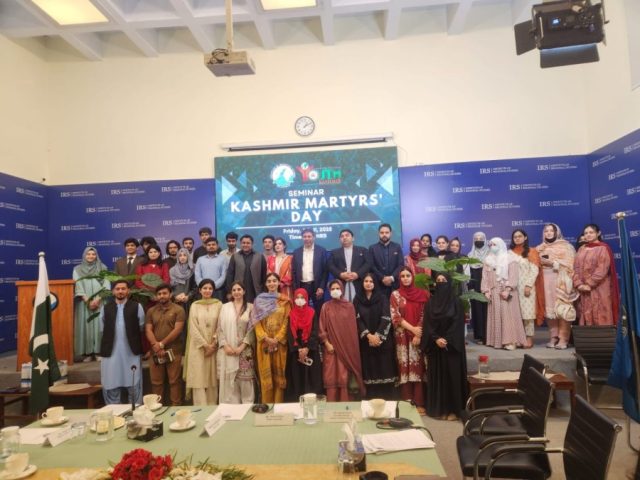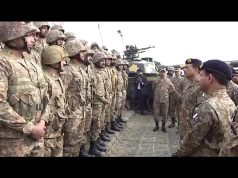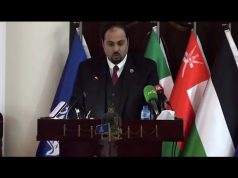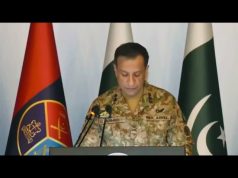ISLAMABAD, Sunday, July 13, 2025 (WNP): A high-level seminar marking Kashmir Martyrs’ Day at the Institute of Regional Studies (IRS), held in collaboration with the Youth Forum for Kashmir, echoed a unified message: Kashmir’s century-old quest for self-determination is alive, resolute, and demands international recognition.
The event honored the memory of 22 unarmed Kashmiris killed by Dogra forces on July 13, 1931—an event widely seen as the ignition point of the Kashmiri resistance against oppression. Speakers emphasized that the day symbolizes more than historical tragedy; it is a living struggle that continues to define the Kashmiri identity.
Delivering the keynote address, Ambassador Jauhar Saleem, President of IRS, said: “This day is not a forgotten page in history—it’s a burning chapter of courage. From the Dogra autocracy to Modi’s demographic maneuvers, the people of Kashmir have never surrendered their dignity or identity.”
Noted figures including Mushaal Hussein Mullick, Naseem Zehra, Dr. Qamar Cheema, Zaman Bajwa, and Umair Khan traced the evolution of Kashmir’s resistance—from the Pathar Masjid uprising to India’s controversial revocation of Articles 370 and 35A.
Mushaal Hussein Mullick, Chairperson of the Peace and Culture Organization, described recent regional developments as a turning point: “The recent decisive four-day victory by Pakistan has rekindled hope among Kashmiris. It’s time for Islamabad to capitalize on this momentum and amplify Kashmiri voices across global forums.” She warned of India’s “false-flag operations” and called out the Vande Bharat project as a “colonial-style land grab under the guise of development.”
Veteran journalist Naseem Zehra criticized India’s increasingly aggressive regional posture: “India is becoming isolated, even among its neighbors. Türkiye, China, and Bangladesh are showing greater alignment with Pakistan’s position. The time for soft diplomacy is over. Pakistan must now assert its case with clarity and consistency.”
Political analyst Dr. Qamar Cheema underscored the global risks of inaction: “Kashmir is not just a humanitarian crisis—it’s a nuclear flashpoint. The international community, especially the UN and the U.S., cannot afford to treat it as a bilateral issue anymore.”
Umair Khan, youth leader and activist, closed the seminar with a powerful appeal: “Kashmir’s story must be told by Kashmiris—whether from AJK, the diaspora, or IIOJK. We must mobilize the global media and take ownership of our narrative.”
The seminar concluded with a resounding call for international solidarity, urging global institutions to intervene decisively and uphold the UN-recognized right to self-determination for the people of Indian Illegally Occupied Jammu and Kashmir (IIOJK).
More than just a commemoration, Kashmir Martyrs’ Day 2025 emerged as a strategic moment of renewed resolve—one that calls for bold diplomacy, amplified Kashmiri voices, and unwavering commitment from Pakistan to lead the cause on global platforms.




